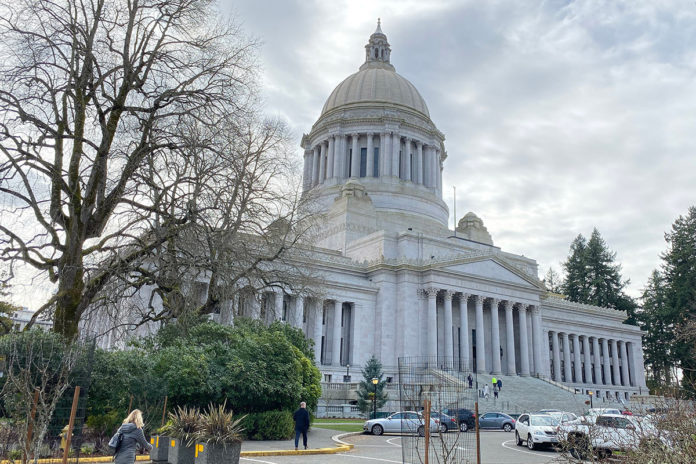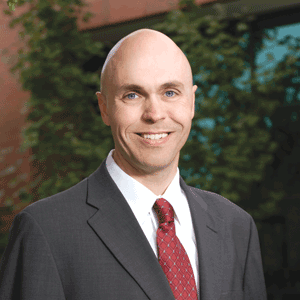For most of the country, the pandemic has led to historic declines in state tax revenue. Forty-three states saw a combined $46.4 billion drop from pre-pandemic levels during the past budget year, according to a new report from The Pew Charitable Trusts.
Here in Washington, it’s a different story. We were just one of seven states where state tax collections not only didn’t decline during the pandemic — they actually increased. According to the report, Washington’s tax revenue rose 3.8% since the pandemic, making it the second-highest gainer during this period. Only Idaho saw a greater increase with a 7.1% jump.
The strength of Washington’s tax collections during the worst pandemic in a century is evidence that our state’s tax system, while not perfect, is remarkably stable. Washington legislators are in the enviable position of writing a new two-year budget that does not necessitate cuts to prior levels of service nor require any additional revenue (new taxes) to balance the budget at existing levels of spending.
If the state does not require new taxes to balance its budget, why is the Legislature considering a new capital gains tax (in addition to the federal capital gains tax) without simultaneously considering offsetting tax reductions? What is the need for increases in revenue?
Senate Bill 5096, currently before the state Senate, would create a capital gains tax in Washington for the first time, estimated to impose an additional tax burden on business owners and residents of Washington, many of whom are reeling from mandated business closures and loss of employment due to the pandemic. Can you imagine a reality where you are forced to sell your largest assets so you can meet your obligations only because you lost your job or lost your business, and adding insult to injury Washington will now add an extra tax on the sale of those long held assets?
In our view, this year lawmakers should be doing everything in their power to help struggling employers survive and begin to recover, rather than introducing new hurdles for an economy that’s been battered by the pandemic. We need to first “do no more harm” right now and focus on policies and spending that catalyze more jobs, not create more taxes.
Washington is one of just eight states without a capital gains tax. This helps us attract entrepreneurs and passive investors, who live, work, shop, lead, and join our local communities. This trend should increase, now that people have discovered they can work from home for any employer anywhere in the world. Those people are looking to move away from states with income taxes, including capital gains taxes. Washington can benefit from this migration.
Supporters of the capital gains tax say it’s aimed at the wealthy, but nearly everyone can make money in the stock market these days – especially now that fractional shares and stock splits are now sold. Capital gains taxes are a tax on the profit (i.e. income) realized from investments or other non-business/non-inventory assets. In short, it is an income tax. The Washington Supreme Court first declared a proposed income tax unconstitutional in 1933, and Washington voters have rejected the idea 11 times since then.
Many small business owners do not have a formal investment retirement plan. Instead, many small employers work their whole lives to build a successful business and support their employees –and hope to retire on the proceeds from the sale of their business. These small employers would lose a significant portion of their life’s’ work, if the Legislature passes the capital gains tax to take it away from them.
As lawmakers continue to work through the legislative session, we request that you ask yourselves why now is the right time to levy a new, controversial, likely unconstitutional tax on beleaguered Washingtonians. The tax will not repeal the oft-characterized regressive nature of Washington’s taxes. It will only increase the burden, for everyone.
Let’s get Clark County and Washington back to work and started on recovery.
Tim Schauer, P.E., is vice president of MacKay Sposito, a board member of the Association of Washington Business, and chair of the board of the AWB Institute.




